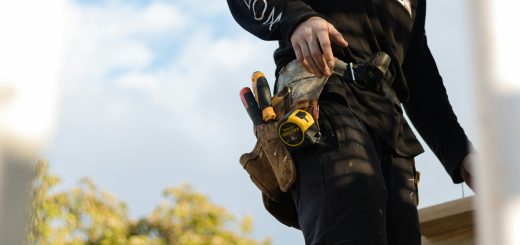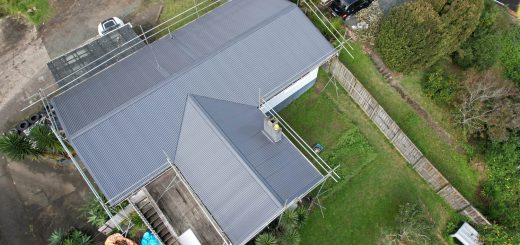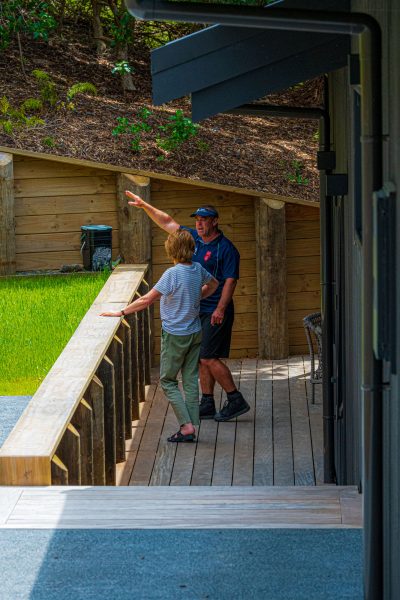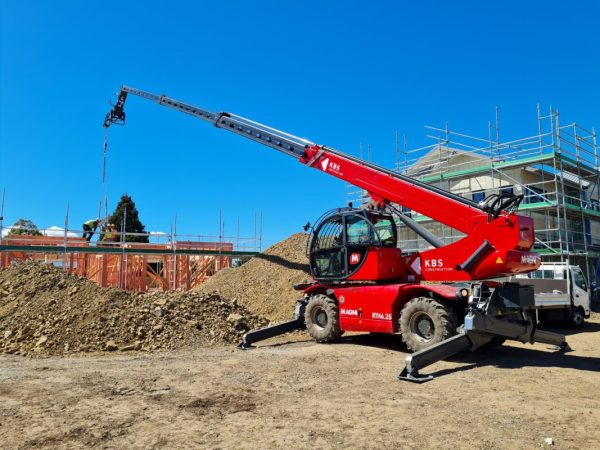What Electrical Work can I Safely do Myself?
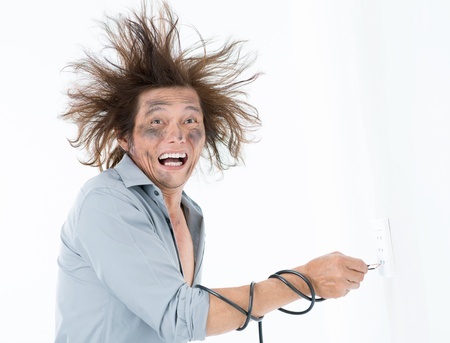 No matter how modern your property is, a time will come when electrical work is needed. Although the 2010 Electrical Safety Regulations Act allows you to carry out certain jobs yourself, that does not mean it is safe to do so. There is a chance you may have some electrical acumen, but unless you are absolutely confident you know what you are doing it is better to call an electrician. Knowing more about this law and how it can benefit you will make maintaining your home easier.
No matter how modern your property is, a time will come when electrical work is needed. Although the 2010 Electrical Safety Regulations Act allows you to carry out certain jobs yourself, that does not mean it is safe to do so. There is a chance you may have some electrical acumen, but unless you are absolutely confident you know what you are doing it is better to call an electrician. Knowing more about this law and how it can benefit you will make maintaining your home easier.
Electrical Work You Can Legally Carry Out
In order to carry out electrical work, you must live in the property and tackle low-voltage installations only. You are not allowed to perform work on any fitting that requires attention to the switchboard. If you do not need to tackle the switchboard, you can address:
- Sockets, switches, and permanent collection outlets
- Batten holders, ceiling roses, and cord grip lampholders
- Thermostats, water heater switches, and flexible cords
You may also change fuses yourself, relocate switches and outlets, and extend subcircuits. In the case of sub-circuits, you cannot enter any areas where live active conductors are present, and you must have the work checked by an electrical inspector afterwards.
If you ignore the terms of the act, you may injure yourself or someone else. There is also a risk that you will incur a $10,000 fine.
Recognising Your Limits When it Comes to Electrical Work
Everyone loves a bit of DIY, but you do need to recognise your limits when it comes to electrical work. Getting it wrong can result in fires, extensive damage to the system, or electrocution. Most people are capable of simple tasks, such as changing a fuse or adding on a flexible cord to turn on a bathroom light. However, if you do not know how to change a socket confidently, reconsider taking a casual approach to adjusting your fittings.
A poorly installed socket does not just look bad, it increases your risk of electrocution. It may also discharge energy around the socket, which can cause damage to the appliances your plug into it. You also run the risk of disrupting the flow of electricity, which can lead to fuses blowing sporadically.
Depending on how confident you feel, you might be capable of installing thermostats and similar instruments without any problems. This is especially the case if the thermostat you purchase is not too dissimilar to the one you already have installed. However, if you are changing from a standard thermostat to a home automation system, you may require the assistance of an electrician to ensure you do not install it properly.
If you do choose to carry out work yourself, always remember to turn off the electricity before you begin. Take the same approach when fixing electrical appliances. If at any point you feel as though something has gone wrong or you need further guidance, call an electrician. It is easier to undo poor work in its early stages than when it has progressed and become risky.
Ultimately, knowing your limits when it comes to carrying out electrical work is essential. Hiring a professional comes with greater upfront costs, but this usually means you spend less money. A professional can select the most efficient fittings and install each one properly to prevent the need for expensive repairs.

